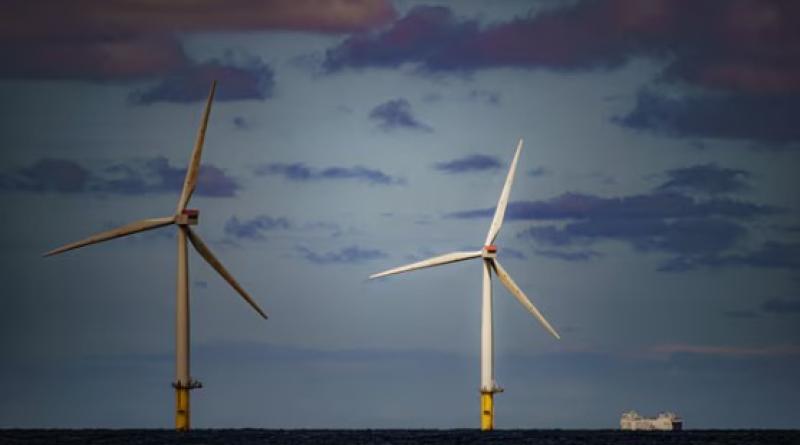UK to offer higher subsidies for offshore windfarms after crisis talks

Concerns rose when no wind projects were put forward for government’s recent clean energy auction
The government will offer significantly higher subsidies for new offshore windfarms after crisis talks with developers that are battling cost inflation across global energy supply chains.
Ministers have agreed to raise the starting price of the government’s next auction for offshore wind subsidies by around two-thirds to £73 per megawatt hour to help more offshore windfarm projects to move ahead despite higher costs.
The government has also raised the starting price for floating offshore wind projects by more than 50% from £116 a MWh to £176 a MWh before the next subsidy auction in 2024.
The numbers reflect a maximum price, with bidders competing in a reverse auction to offer electricity at the lowest cost.
Higher prices will ultimately feed through to household bills.
Offshore wind developers are struggling to build new projects after costs in the sector soared by about 40% because of inflation across their supply chains and higher interest rates.
Claire Coutinho, the energy security secretary, said: “We recognise that there have been global challenges in this sector and our new annual auction allows us to reflect this. This is a vital part of our plan to have enough homegrown clean energy, bringing bills down for families and strengthening our energy independence.”
Concerns within the offshore wind industry reached a peak after none of the companies hoping to build offshore windfarms in the UK took part in the government’s most recent annual clean energy auction in September.
The government started its failed auction at a price of £44 a MWh after the previous round of bidding led to record low contract prices of just over £37 a MWh. Offshore wind developers had repeatedly warned officials that the ceiling price was set too low to make the projects economically viable.
That auction was described as “an energy security disaster” by the Labour party, which said that the UK could miss out on billions of pounds in investment and face higher energy bills if the UK’s plan to triple its offshore wind power capacity by 2030 was derailed.
Graham Stuart, the junior energy minister, said the auction brought forward “more than 90 clean, homegrown energy projects”, adding that the government had shown its “ongoing commitment to retaining our global leadership in renewable energy”.
“This critical update to the scheme’s design provides further clarity and confidence to the offshore wind sector and ensures the scheme remains competitive for renewable developers investing in new low carbon technologies,” he said.
Dan McGrail, the chief executive of Renewable UK, said: “Ensuring that the UK continues to unlock investment in renewables is critical to improve Britain’s energy security, drive economic growth, support thousands of new green jobs and enable us to continue to create a lowest cost electricity system for billpayers.
“With intense international competition for investment in renewables, we welcome the strong commitment to the sector shown by Government today, which demonstrates that the UK is intent on remaining a global leader in offshore wind, as well as innovative technologies like floating wind and tidal stream.
Photograph: Ben Birchall/PA





